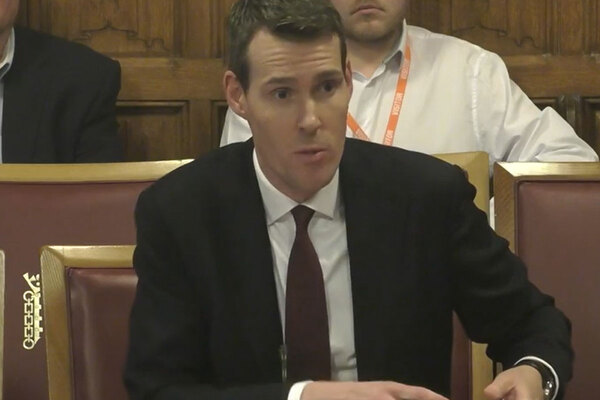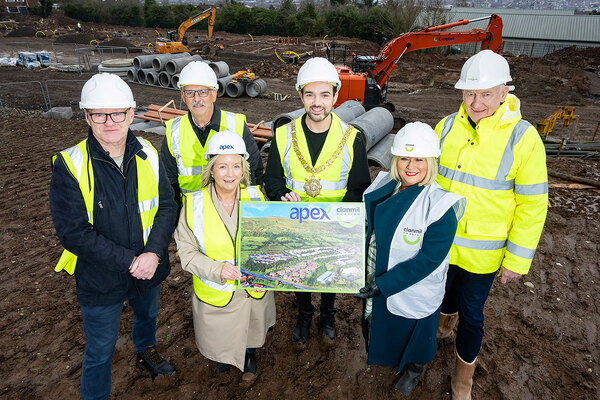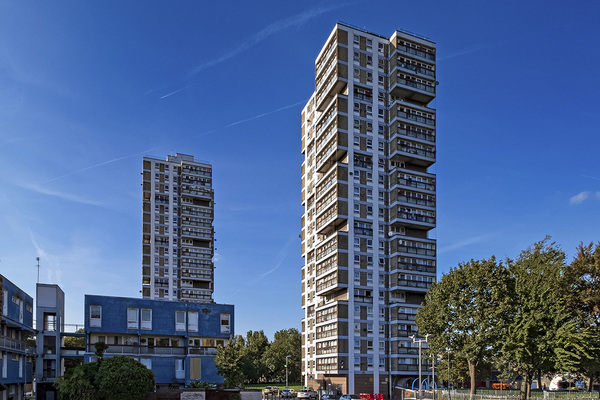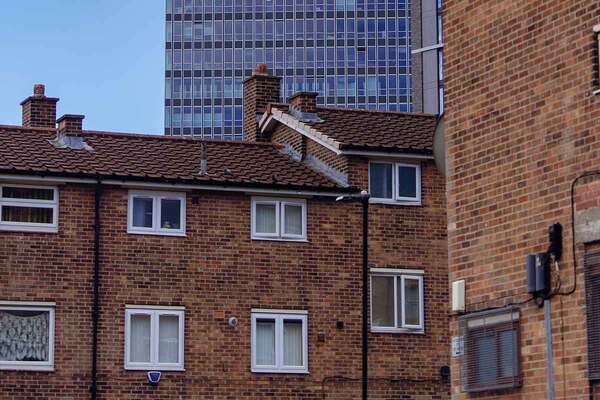You are viewing 1 of your 1 free articles
Grey belt now ‘largely redundant’ after wider planning changes, Lords inquiry concludes
The concept of grey belt land may now be “largely redundant” after the government made sweeping changes to other parts of planning policy, a House of Lords inquiry has concluded.

Peers examining the government’s grey belt proposals found they had been “eclipsed by more significant changes” introduced in December, such as mandatory green belt reviews.
As a result, the Lords concluded: “A policy that once had the potential to be innovative and unique is now, at best, relegated to the margins.”
The probe was launched by the House of Lords’ Built Environment Committee in September 2024 after the government proposed introducing grey belt, a new category of land within the green belt that could contribute to its housebuilding ambitions.
In December, the government finalised its National Planning Policy Framework, which provided more clarity on the definition of grey belt and introduced a host of other requirements.
For example, local authorities must now review their green belt boundaries and propose changes if they are not able to satisfy their housing need under new targets.
Lord Moylan, chair of the Built Environment Committee, said that in light of this requirement, it is “difficult to see what the grey belt regime will add” in terms of the ability to build on the green belt.
Speaking to Inside Housing, he said: “Right at the end of our inquiry, you get this sort of sledgehammer coming in of, ‘You’ve got to build on the green belt anyway’.
“Where does the grey belt fit if that is your obligation? One answer to that could be the grey belt is a priority marker… but the document doesn’t say that.”
Lord Moylan ventured a personal view that maybe the Ministry of Housing, Communities and Local Government and Angela Rayner, deputy prime minister and housing secretary, were “just being very clever in ventilating the idea of the grey belt as a means of getting people talking about development in the green belt”.
Lord Moylan suggested that ministers might have said: “Well, let’s fly the kite and see how furious the response is… then we’ll make a judgement how far we can go. And the response wasn’t very furious.”
However, he added that public reaction “might be different when you actually see it inked in on a map”.
In a letter to Ms Rayner outlining the committee’s findings, Lord Moylan wrote: “The most likely effect of the finalised grey belt policy, if any, will be to nudge councils and developers towards using the existing recognised processes to allow slightly more development in the green belt.”
“We believe it more likely that wider policy changes relating to the green belt will render the new grey belt policy largely redundant,” he added.
The committee welcomed the government’s decision to relax ‘golden rules’ which would require house builders to aim for 50% affordable housing on land released from the green belt.
Lord Moylan told Inside Housing: “There’s no justification offered in the first place for why you should have a higher affordable housing requirement on green belt sites than you do elsewhere.”
His letter also warned that introducing the grey belt concept could encourage “ad hoc and speculative” applications from developers on green belt land, contrary to the government’s intention that such land should be released in a “planned and strategic” manner.
The letter concluded: “Ultimately, our assessment is that the grey belt policy has been implemented in a somewhat rushed and incoherent manner, and we do not believe that it is likely to have any significant or lasting impact on planning decision-making or on achieving your target of 1.5 million new homes by the end of this parliament.”
The Ministry of Housing, Communities and Local Government has been approached for comment on the letter.
Sign up for our development and finance newsletter
Already have an account? Click here to manage your newsletters











